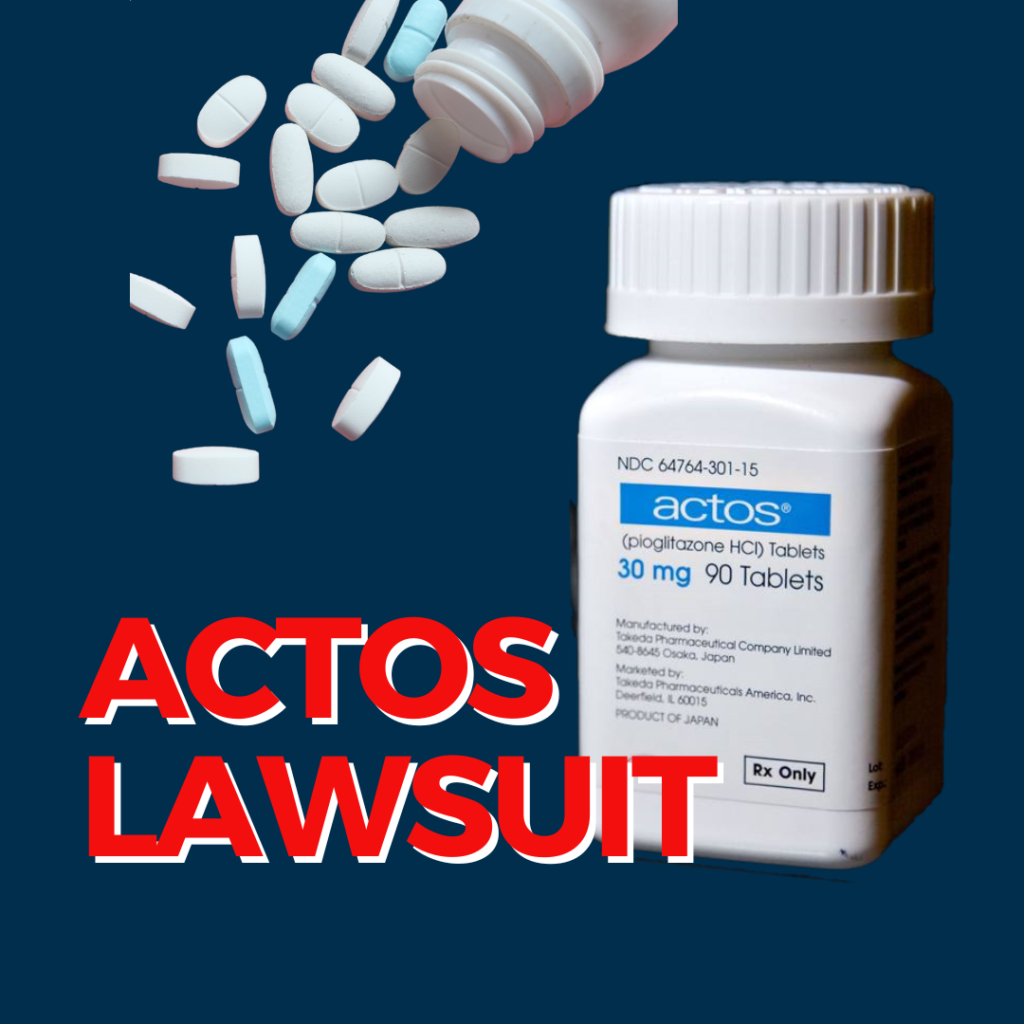Trulicity Lawsuit Basics: Know Your Rights and Options
Trulicity Lawsuit Basics: Know Your Rights and Options
Blog Article
Comprehending Your Legal Legal Right in a Dangerous Medication Claim
In the world of pharmaceuticals, browsing the intricacies of a hazardous medicine suit can be discouraging. From figuring out the lawful basis for filing a legal action to weighing the choices in between a class activity and a specific claim, there are vital considerations to be made.
Legal Basis for Claims
Exploring the legal grounds for going after an unsafe drug claim calls for a comprehensive understanding of appropriate laws and criteria. When taking into consideration lawsuit against a pharmaceutical business for a hazardous medication, one need to establish that the medication in inquiry postured unreasonable dangers that were not effectively divulged to consumers. This usually involves demonstrating that the medication maker stopped working to advise around recognized threats, misstated the medicine's safety and security or efficiency, or taken part in fraudulent advertising methods.
To do well in an unsafe medication lawsuit, complainants commonly depend on lawful theories such as negligence, rigorous liability, or breach of warranty. Neglect claims say that the maker did not exercise affordable care in ensuring the safety and security of the medication.
Kinds Of Compensatory Damages
Compensatory damages in a dangerous medicine suit encompass financial restitution awarded to plaintiffs to make up for losses incurred due to the injury brought on by the medicine. These damages are made to make the injured event whole once again, both financially and non-economically. There are two primary kinds of offsetting problems that might be awarded in an unsafe drug legal action: non-economic problems and financial problems.

Both non-economic and economic countervailing damages play an important duty in making certain that individuals damaged by harmful medicines receive ideal payment for their losses.
Law of Limitations

Missing out on the law of constraints target date can have significant effects, as it might cause the case being dismissed by the court. As soon as the law of restrictions has expired, the complainant might lose the right to seek lawful option against the party liable for the damage triggered by the harmful medication. Consequently, it is vital for people taking into consideration a hazardous medication suit to consult with a certified attorney promptly to recognize and conform with the applicable law of restrictions in their case.
Course Action Vs. Person Suits
Given the differing statute of limitations in dangerous medication suits, individuals need to carefully evaluate the choice in between going after a class action or a private suit. Course action suits involve a group of plaintiffs collectively suing an offender, commonly a about his pharmaceutical company, for the exact same problem - in this instance, harm created by a dangerous medication. These legal actions can be advantageous as they combine sources, rise leverage against the accused, and give a sense of solidarity amongst damaged people. Nevertheless, in a course activity legal action, individuals may have less control over the situation's direction and the final negotiation quantity.
Individual suits can be extra taxing, expensive, and may result in reduced settlement compared to a successful class action claim. Inevitably, the decision between a class action and a private claim need to be based on the individual's situations, preferred degree of participation, and the lawful advice received.
Seeking Legal Guidance
In browsing the intricacies of a hazardous medication claim, protecting professional legal counsel is paramount for guaranteeing a strong and informed lawful technique. When seeking lawful advice for a dangerous drug lawsuit, it is important to find a law office or attorney with experience in pharmaceutical lawsuits. These cases often entail complex blog here medical and clinical details, calling for an attorney who recognizes both the legal facets and the medical subtleties associated with such suits.
Specialist legal advise can assist people comprehend their rights, examine the strength of their instance, and navigate the intricate legal treatments connected with unsafe medication lawsuits. Furthermore, a proficient lawyer can offer support on whether to go after a specific suit or sign up with a class-action lawsuit, based upon the details scenarios of the case.
In addition, legal guidance can aid in gathering evidence, preparing legal papers, negotiating with pharmaceutical business or their lawful reps, and representing clients in court if the instance goes to trial. By employing the assistance of educated legal experts, people can increase their chances of accomplishing a desirable outcome in a dangerous medication claim.

Conclusion
Finally, understanding your lawful civil liberties in a harmful drug suit is important in seeking settlement for any kind of damage caused. Knowing the lawful basis for claims, kinds of compensatory damages readily available, law of limitations, and the difference between course action and individual lawsuits can aid individuals browse the lawful process properly. Looking for legal advise is important in ensuring your civil liberties are secured and advocating for the settlement you are entitled to.
Offsetting problems in a hazardous drug legal action include financial restitution granted to plaintiffs to make up for losses incurred due to the damage caused by the drug.The statute of constraints in a hazardous medication lawsuit develops the duration within which a complainant need to file a lawful case versus the accountable try this out event for the damage caused by the medicine.Given the differing statute of restrictions in dangerous medicine suits, people should thoroughly consider the decision between seeking a class action or a private lawsuit. Specific suits can be more taxing, pricey, and might result in lower payment contrasted to an effective class action suit. Recognizing the lawful basis for lawsuits, types of offsetting damages readily available, law of limitations, and the difference between class action and private legal actions can aid individuals navigate the legal process properly.
Report this page